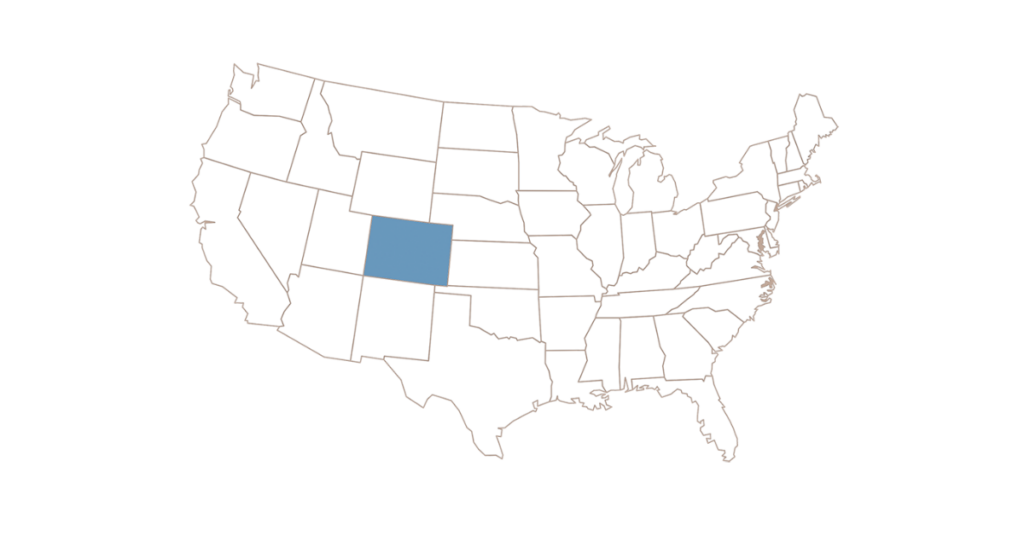
Colorado State Potato Seed Report 2023
Each year is unique, and 2023 was no exemption. We had a very cool spring and temperatures did not significantly rise until the middle of June. However, once it was ready to warm up, it got pretty hot!
It was not uncommon for the temperatures to get in the low to mid-90’s through the end of June and in July (which is pretty warm for Colorado, where average summer high temps are typically in the mid-80s). Certified seed growers began killing vines in late July and continued through mid-August, limiting potential spread of virus by late-season aphid flights.
As of Oct. 16, all certified seed potato acreage was harvested in Colorado. Overall, crop yields have hovered around average. Certified seed growers submitted all of their seed samples for the postharvest test by Oct. 13. Our postharvest test will be taking place on the North Shore of Oahu, Hawaii, again this year. The test is required on all certified seed in Colorado, whether it is sold commercially or for recertification.
In 2023, Colorado certified seed potato acreage for sale and grower plant-back was down from 8,151 acres in 2022 to 7,836 acres in 2023. The 2023 accepted certified acreage after summer field inspections was 7,149 acres. Over 120 different potato varieties were entered into Colorado’s certified seed program this year. Rejections were primarily the result of blackleg and PVY/mosaic. Total potato acreage (both certified and commercial) in the San Luis Valley was 52,278, up from 49,804 acres in 2022.
Colorado certified potato varieties
The 2023 top six certified potato varieties in Colorado are:
- Russet Norkotah selections, 1,926 acres
- Reveille Russet, 851 acres 3.
- Centennial Russet, 481 acres
- Soraya, 475 acres
- Canela Russet, 433 acres
- Teton Russet, 268 acres
Of note, Reveille Russet and Soraya have been gaining popularity in Colorado seed production. A wide range of potato varieties are certified in Colorado including multiple varieties of russets, reds, yellows, chippers, fingerlings and specialties.
All seed imported into Colorado is required to undergo a postharvest test, and a PVYN tolerance of 1.0% is in place for all incoming seed. Also, there is a late blight quarantine in effect for all seed coming into the San Luis Valley. If you are planning on shipping any seed into the valley, a late blight test needs to be conducted by a qualified lab prior to shipment.
For the most recent Colorado reports, visit coloradocertifiedpotatogrowers.com.
— Andrew Houser, manager, Colorado Potato Certification Service







